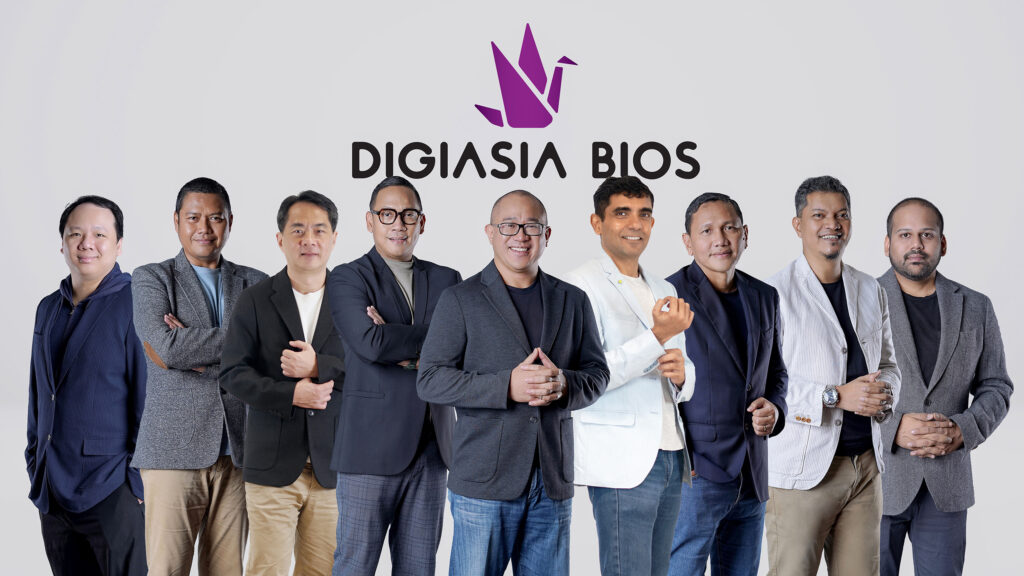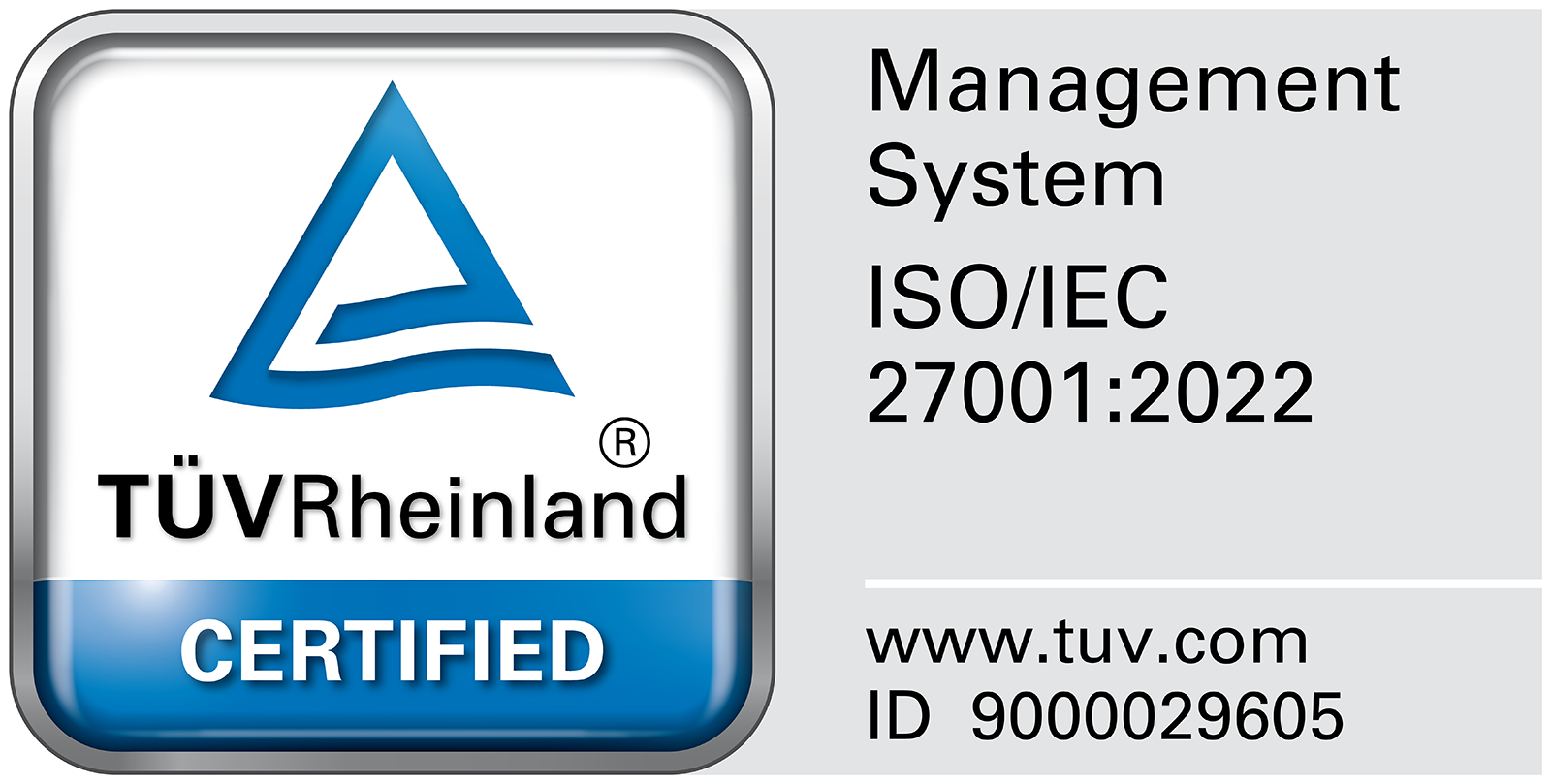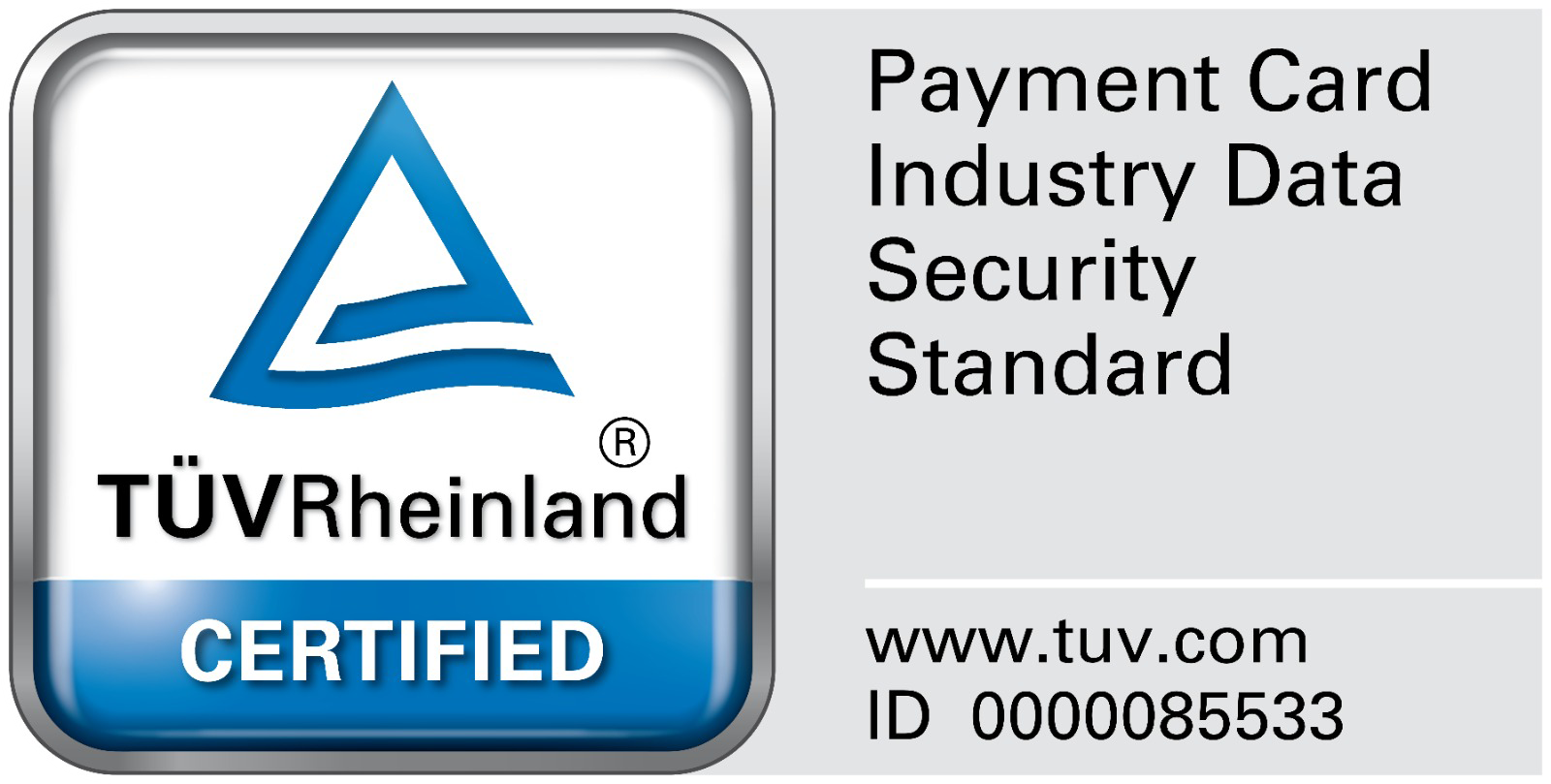Indonesian B2B fintech startup DigiAsia Bios is gearing up to expand to other Southeast Asian countries with similar demographics and regulations, including Vietnam, Cambodia, and the Philippines, after its combination with a special purpose acquisition company (SPAC) and Nasdaq listing this year, a senior executive said.
In an interaction with DealStreetAsia, Alexander Rusli, founder of DigiAsia, said the company plans to complete the business combination with StoneBridge Acquisition Corporation, a publicly traded SPAC, this April and raise around $200 million. The money will allow DigiAsia to grow inorganically.
“We will get around $200 million from the SPAC company; it could be more or less than that. For the operating business, we will not use much money, but we are eyeing similar companies in other Southeast Asian countries to grow DigiAsia. It is not a matter of how many companies we will acquire but how those companies can impact our revenue,” he said.
DigiAsia is betting on its first-mover advantage in Indonesia’s embedded finance industry to grow its business. The company has licences to operate in four verticals in Indonesia — e-money, P2P lending, remittances, and LKD, or the licence to sublicence mom-and-pop stores to do financial transactions. Its affiliates include ewallet and payments platform KasPro, P2P lending platform KreditPro, and remittance platform RemitPro.
Rusli said he started DigiAsia in 2018 after leaving as president director in PT Indosat Tbk. He said obtaining e-wallet or P2P licences in Indonesia is very difficult as Bank Indonesia has stopped issuing new e-wallet licences and the Financial Services Authority (OJK) has stopped issuing new P2P lending licences.
“And acquiring licences from existing companies is expensive, not many companies can do it,” Rusli said.
Financial position
The company has 73 entrepreneur customers and aims to have over 100 at the end of this year. Some of DigiAsia’s customers are Indonesian state-owned rail company PT Kereta Api Indonesia (KAI), American coffee chain Starbucks, PT Home Credit Indonesia, multifinance firm PT Adira Dinamika Multi Finance, and others.
According to DigiAsia’s statement in Jan 2023, the combined entity has secured a pre-money equity valuation of $500 million. All existing DigiAsia shareholders, which include Mastercard and Reliance Capital Management, will roll 100% of their equity into the combined company.
According to DealStreetAsia’s DATA VANTAGE, Singapore-registered DigiAsia Bios Pte Ltd raised $40 million in funding in 2020 and $18 million in 2021. It recorded losses of $2.76 million as of Dec 2020.
The three majority shareholders of DigiAsia include Pay Square Capital with a 25.68% ownership, Interchange Payment Group Holdings 21.3%, and MasterCard Asia/Pacific 11.11%.
Top shareholders of DigiAsia

Future of fintech
t DealStreetAsia’s Indonesia PE-VC Summit 2023 in January, Iwan Kurniawan, cofounder and Chief Operating Officer (COO) of Modalku [Funding Societies], said fifinancial institutions in Indonesia will bet on strategic collaborations as the market gets bigger and new licences become harder to get.
GGV Capital predicted that in 2023, fintech companies will strive to become a financial operating system (OS) for their customers. This will entail leveraging embedded fintech (or building in-house) to provide a variety of financial services, including checking, lending, payments, business intelligence, financial software, and more, all within the same platform.
Consequently, fintech will account for a greater share of the customer wallet, increase customer stickiness, and eventually expand gross margins to set the stage for blockbuster IPOs. But it is still early days for global financial service digitalisation with hardly many large fintechs built to date.
A BCG and AC Ventures report titled “Indonesia’s Fintech Industry is Ready to Rise” said embedded finance solutions can improve customer retention and reduce friction at the point of sale.
Two top industries that commonly use these embedded products include B2C ecommerce, with services such as B2B lending to merchants, B2C lending, insurance, and wealth; and food delivery which comprises B2B lending products, B2C lending, and insurance.













